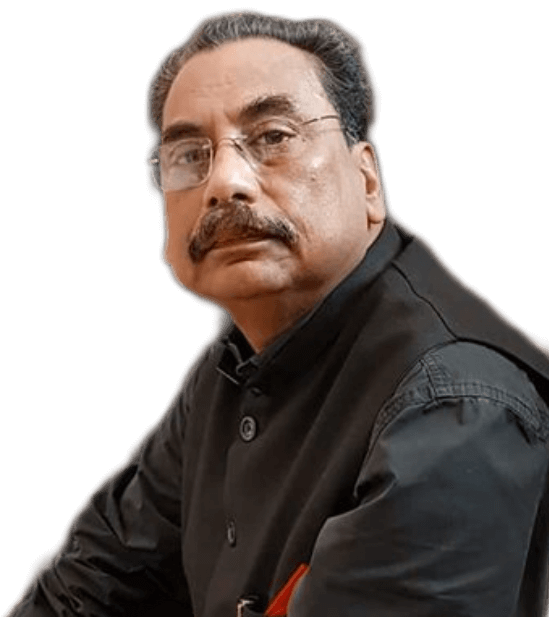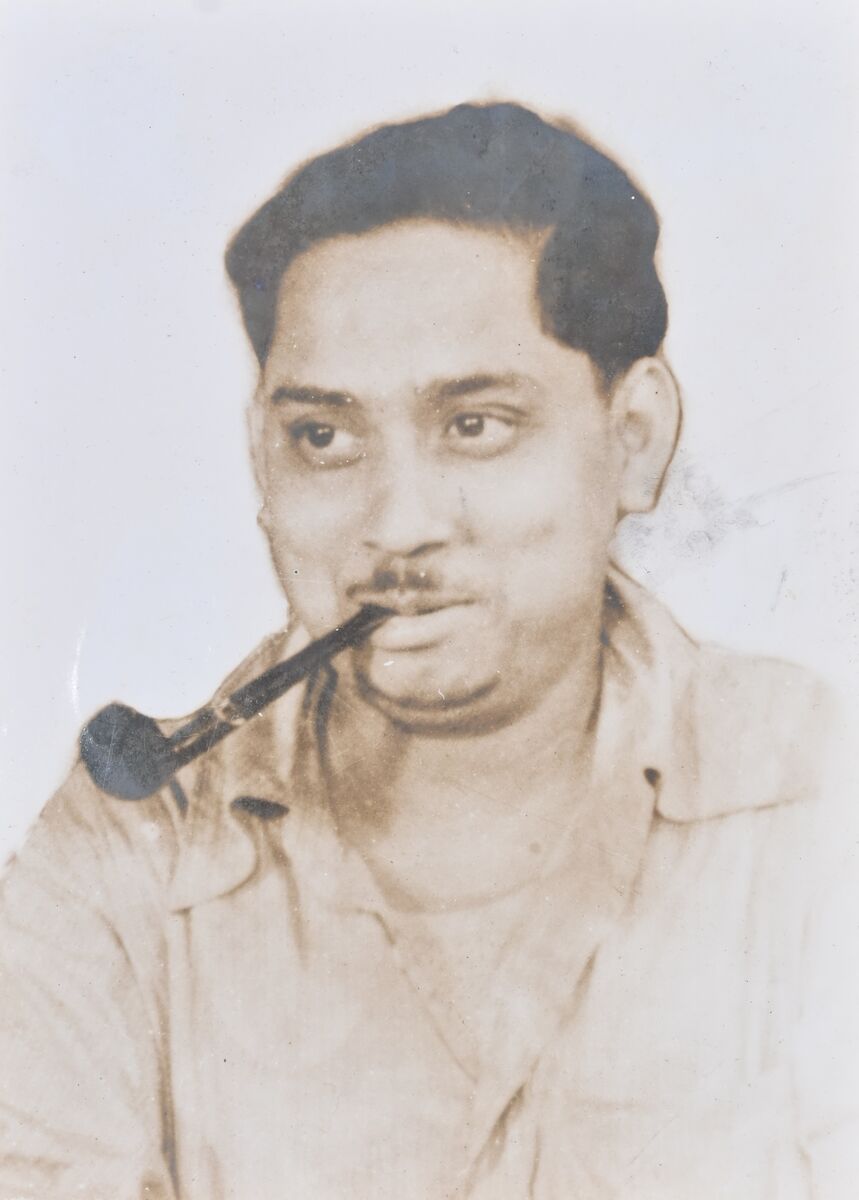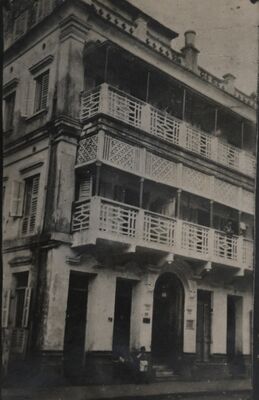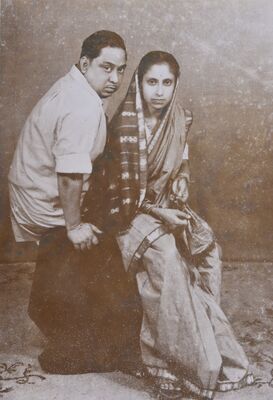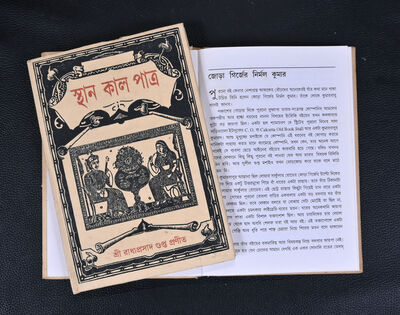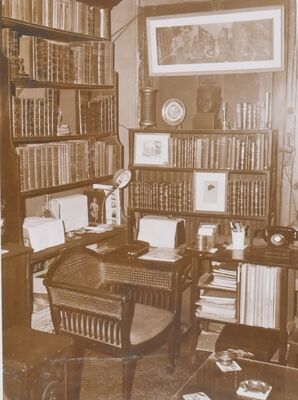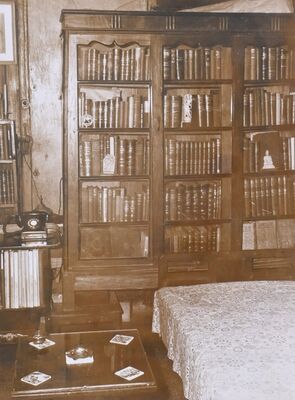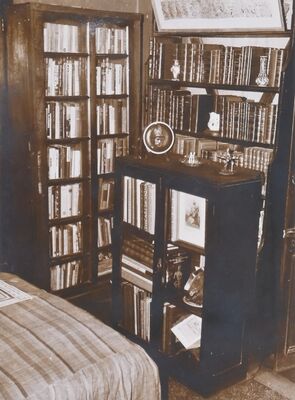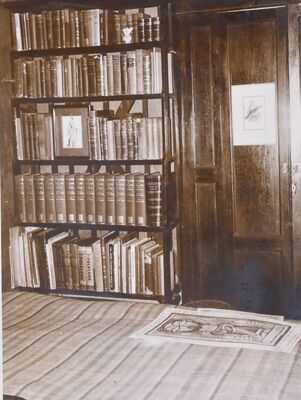Nirmal Chandra Kumar, who died of cerebral stroke in 1976, aged 60, was a man who was an antiquarian and owned a rare book establishment. He was also among the greatest influences on a generation of artists, from filmmaker to fiction writers, folk musician to folk artist; actors to activists, writer to wanderer; teachers to travellers -more so perhaps than any art critic or editor of his times.
For 30 years, Kumar, a stocky Bengali, presided over his own collection of rare books, prints, maps, manuscripts and other materials in his own home opposite a Protestant Church, in a place near Entally, in Calcutta. A place also famous, for the birth of the Communist Party Of India, Mother Teresa’s Nirmal Hriday (Young Heart) and birth of the Revolutionary Communist Party, Naxalbari.
The establishment from its opening in 1945, until the death of Kumar in 1976 was Calcutta’s pre-eminent rare bookstore. Whether you wanted books on art, travel, ornithology, botany, history, literature, mountaineering, mutiny, religion; KUMARS was the place to go. Under Kumar’s care, it’s Art and Indology section was its greatest strength, and the tradition of bohemian bookselling was carried forward into the 1950s and 1960s.
Kumar’s bookstore, if it could be called so, as it spread over several rooms in his residential house and looked more like a personal library housed in a well-appointed living room, was a hub for book lovers. In the early 1940s, rare book collection was in a dismal, class-bound rut. The famous rare book shop Cambray, who provided Sir Ashutosh Mukherjee with 90% of his books, was already fading, Thacker & Spink the well-known bookshop was operating, but there were hardly any rare books, more or less you had to hunt your way in College Street Bookshops to add rare books to your collection.
Kumar helped to change all that. His enthusiasms included, the then unheralded British Painters Thomas and William Daniel to be re-introduced to Calcutta once more. He bought the rare Elephantine Folio of 144 Views of T&W Daniell from Sotheby’s, to sail it to Calcutta. That it got damaged in the way and a bitter battle was fought with the then Macanon McKenzie is history. Much of the Folio remains today with The Victoria Memorial in Calcutta. He had agents to buy books for him at auctions abroad and purchased books and prints from such well-known establishment as Foyle, Bernard Quaritch and others. He was the first in India to publish catalogues of books in his collection, much in the style of the British.
When Satyajit Ray, the famous filmmaker, started his research on the mutiny for his film Satranj ki Khilari (The Chess Player), he depended on Kumar for rare books on the subject. Kumar not only provided him all the relevant books, but also went out of his way to bid for a Scrap Book, in a London Auction, on Mutiny, having paper clippings and notes on the happening.
According to R.P.Gupta, a close friend, Ray did not forget this gesture and also the fact that Kumar had always helped him with innumerable informations and facts, and paid him his biggest personal tribute. He based one of his characters in his story book series on Feluda, the detective, etched on Kumar. R.P comments that the character Sidhujata (Sidhu Uncle) in the Feluda series, with an encyclopaedic knowledge, immortalizes Kumar, who had a vast knowledge on many subjects. Incidentally, both Kumar and Sidhujata has been compared with another well-known Bibliophile, none other than Jorge Luis Borges.
Kumar,a trader’s son, born in Calcutta, Bengal, was the eldest of seven children. After local schooling at Mitra Institute, Kolkata, he went on to Bangabasi College, against the will of his father. The family had a large Departmental Store at Shyambazar and the family had their ancestral house nearby. Kumar lived with his parents before moving separately to Taltola, in the early 1930s. He did odd jobs and tried his hand at writing, which in his own words, he failed miserably. Side by side, he started collecting rare books, which became his passion. This he turned into a business, at which he was neither a success nor could he make it pay for his living. This did not deter him and he continued with his passion. He supplemented with various odd jobs like teaching students and editing writing of others. In 1900 he invited his parents to come and live with him, as his father had a misfortune in business. His parents arranged for his marriage to Karuna, who was a teacher in a school, in a sleepy railway hamlet, called Adra, which is in the border of Bengal and Bihar. Their thinking was that they would make a good pair as books and teaching go together.
He continued working on his collection, but side-by-side gave support to a lot many fledging artists and writers in those days.
